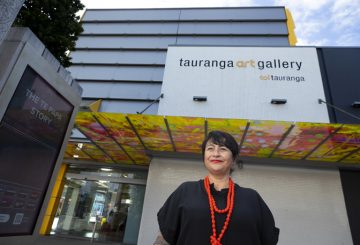Nick Tupara, a Māori ward councillor, has defended his record after being criticized for poor attendance at Gisborne District Council meetings. Tupara, who attended 87% of meetings and workshops in the year after his election, was called out by fellow councillor Larry Foster for being absent from a meeting. Tupara responded by emphasizing the importance of Māori wards in local governance and his commitment to serving the community.
Councillor Rawinia Parata, another Māori ward representative, echoed Tupara’s sentiments, stating that the wards prove their worth and competence every time they participate in council discussions. Parata, who balances her role as a councillor with raising a family and a two-hour commute, highlighted the need for equity and representation for Māori communities.
The discussion also touched on the challenges faced by younger councillors, who often juggle their council duties with other jobs and responsibilities. Some councillors noted that the remuneration for the role is fair, but not enough to serve as a primary income.
Councillor Aubrey Ria, who has a full-time job and is a mother in addition to her council role, had an attendance rate of 70%. Despite health challenges, including heart surgery, Ria remained committed to her role, even calling in from her hospital bed to share important points for council discussions.
Dr Richard Shaw, a politics professor at Massey University, said that Māori wards are a relatively new innovation and it takes time for their full potential to be realized. He added that these wards are part of a democratic tradition that allows for different voices to be heard at council tables, which is significant to New Zealand’s constitutional arrangements and the Treaty of Waitangi.




























































